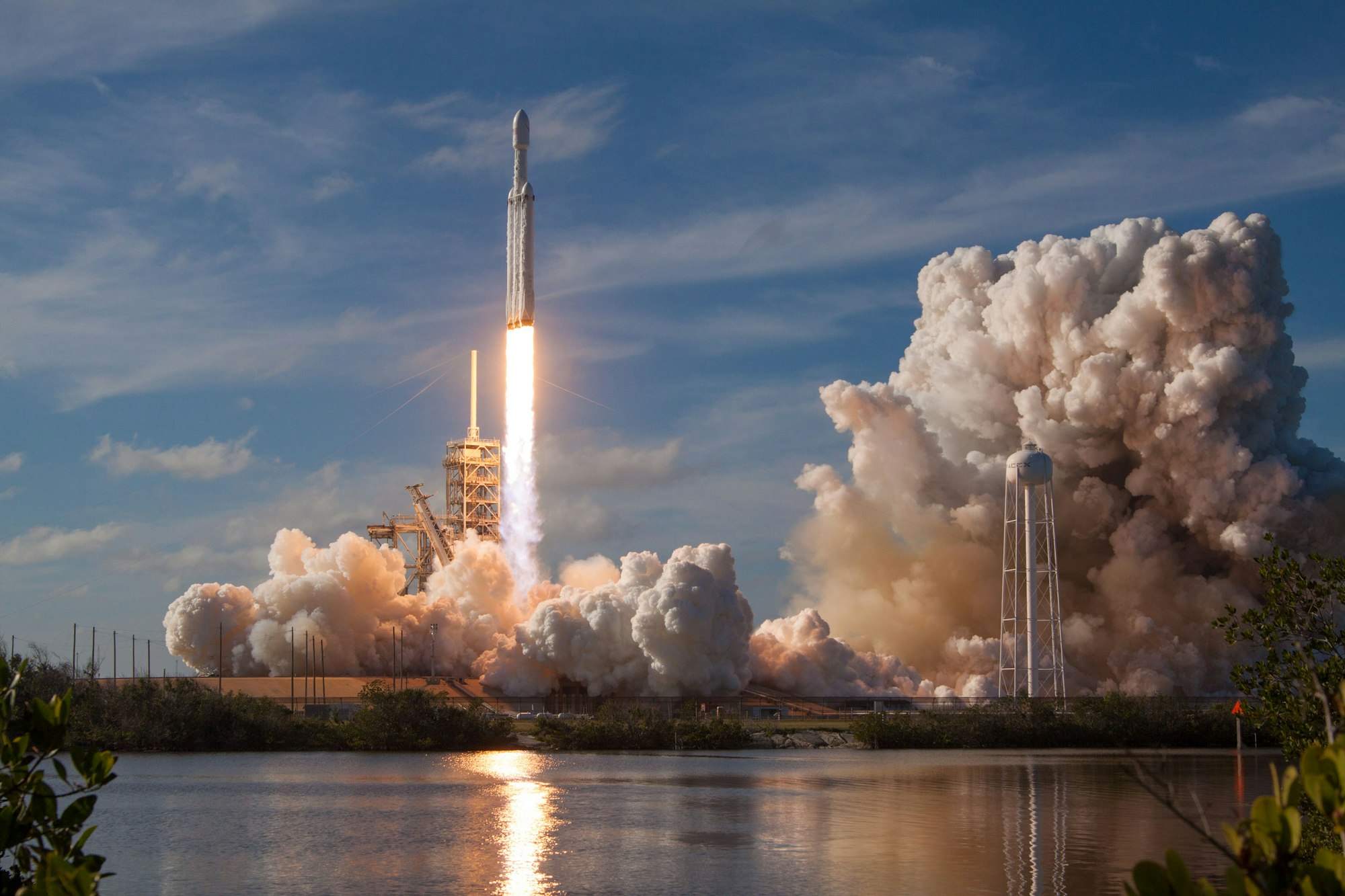
India’s foray into space exploration is a testament to its commitment to scientific advancement and innovation. Over the years, the Indian Space Research Organisation (ISRO) has made significant strides, establishing itself as a key player in the global space community. From launching satellites to conducting ambitious missions to the Moon and Mars, India’s space achievements have not only propelled the nation to new heights but also inspired admiration and collaboration worldwide. Let’s delve into some of the noteworthy space achievements of India.
1. Satellite Launch Capabilities:
India’s journey into space began with the launch of its first satellite, Aryabhata, in 1975. Since then, ISRO has made remarkable progress in developing indigenous satellite launch vehicles. The Polar Satellite Launch Vehicle (PSLV) and the Geosynchronous Satellite Launch Vehicle (GSLV) have become workhorses of India’s space program, delivering satellites into a variety of orbits for communication, navigation, Earth observation, and scientific research. The PSLV, in particular, has gained a reputation for its reliability and cost-effectiveness, making India a preferred choice for satellite launches among international customers.
2. Chandrayaan and the Moon Missions:
India made headlines in 2008 with the successful launch of Chandrayaan-1, its first mission to the Moon. Chandrayaan-1’s primary objective was to map the lunar surface and study its mineral composition. The mission achieved unprecedented success with the discovery of water molecules on the Moon’s surface, opening new avenues for future lunar exploration. Building on this success, ISRO launched Chandrayaan-2 in 2019, aiming to explore the Moon’s south pole region. Though the mission’s lander experienced a partial failure during descent, the orbiter continues to study the lunar surface, reaffirming India’s commitment to lunar exploration.
3. Mars Orbiter Mission (Mangalyaan):
In 2013, India made history by becoming the first Asian nation to reach Mars orbit and the fourth space agency in the world to do so, with the successful insertion of the Mars Orbiter Mission (Mangalyaan) into Martian orbit. Mangalyaan’s primary objective was to study the Martian atmosphere, surface, and mineralogy, providing valuable insights into the planet’s geology and climate. The mission’s success showcased India’s capability to undertake complex interplanetary missions on a shoestring budget, earning accolades from the global space community.
4. NavIC Navigation System:
India’s indigenous navigation system, NavIC (Navigation with Indian Constellation), provides accurate positioning and timing information over the Indian region and surrounding areas. Comprising a constellation of seven satellites in geostationary and geosynchronous orbits, NavIC enhances navigation services for various applications, including transportation, disaster management, and precision agriculture. The system’s robust performance underscores India’s self-reliance in critical space technology domains.
5. Space Exploration and International Collaboration:
India’s space endeavors extend beyond its borders through international collaborations and partnerships. ISRO has collaborated with space agencies worldwide on a range of initiatives, including satellite launches, joint missions, and technology development. Notable collaborations include the launch of satellites for countries in South Asia, Africa, and Europe, as well as participation in global space exploration initiatives such as NASA’s Mars exploration program.
Conclusion:
India’s achievements in space exploration reflect the nation’s spirit of innovation, determination, and scientific excellence. From satellite launches to interplanetary missions, ISRO has demonstrated its capability to push the boundaries of space exploration while addressing societal needs and fostering international cooperation. As India continues to expand its space program and pursue ambitious goals, the country remains poised to make even greater contributions to humanity’s understanding of the cosmos and its exploration beyond Earth’s bounds.




